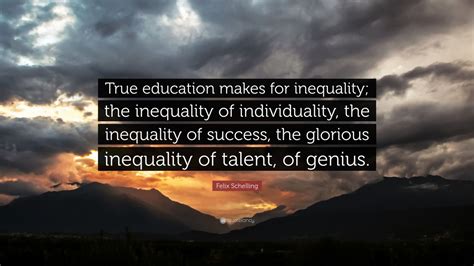A Quote by Branko Milanovic
In the U.S. when people like me started writing things about inequality, the economic journals had no classification for inequality. I couldn't find where to submit my inequality papers because there was no such topic. There was welfare, there was health issues, there was trade obviously. Finance had hundreds of sub groups.
Related Quotes
Most people believe that inequality is rising - and indeed it has been rising for a while in a number of rich countries. And there is lots of talk and realization of this. It's harder to understand that at the same time, you can actually have global inequality going down. Technically speaking, national inequality can increase in every single country and yet global inequality can go down. And why it is going down is because very large, populous, and relatively poor countries like India and China are growing quite fast.
We in America were worried about many problems dealing with economic inequality and political inequality. The Communist Party seemed to be the only political force, both concerned and willing, to take action to stop the threat of fascism abroad and to work for economic and political reform in this country.
I was at the World Bank and a commission reviewed our work on inequality for the U.S. Congress or somebody, and the head of the commission said to us: "You are spending taxpayer money to study issues like inequality? Which goes directly against capitalism and growth." That was the perception, that it should not be studied.
I think, from a progressive point of view, to have a Democratic Congress and a Democratic White House, and to have spent the time on Obamacare, which had real benefits, 20 million insured, but not on inequality, was a major cost to the Democratic Party, costing them their majorities, but also a bit of a cost to the country, because it didn't address the fundamental issues that led to Donald Trump and that led to a lot of unhappiness, just the continued widening inequality.
Global inequality is such an abstract concept, simply because there is no global government. Telling people in rich countries who have had no increase in real incomes, stagnant median wages and so on, that on the other hand global inequality is going down because people who are much poorer than them are getting richer - it's something that maybe they would like in an abstract sense, because everyone is happy there are fewer poor Chinese, but you may not be as happy if these Chinese are taking your job.

































